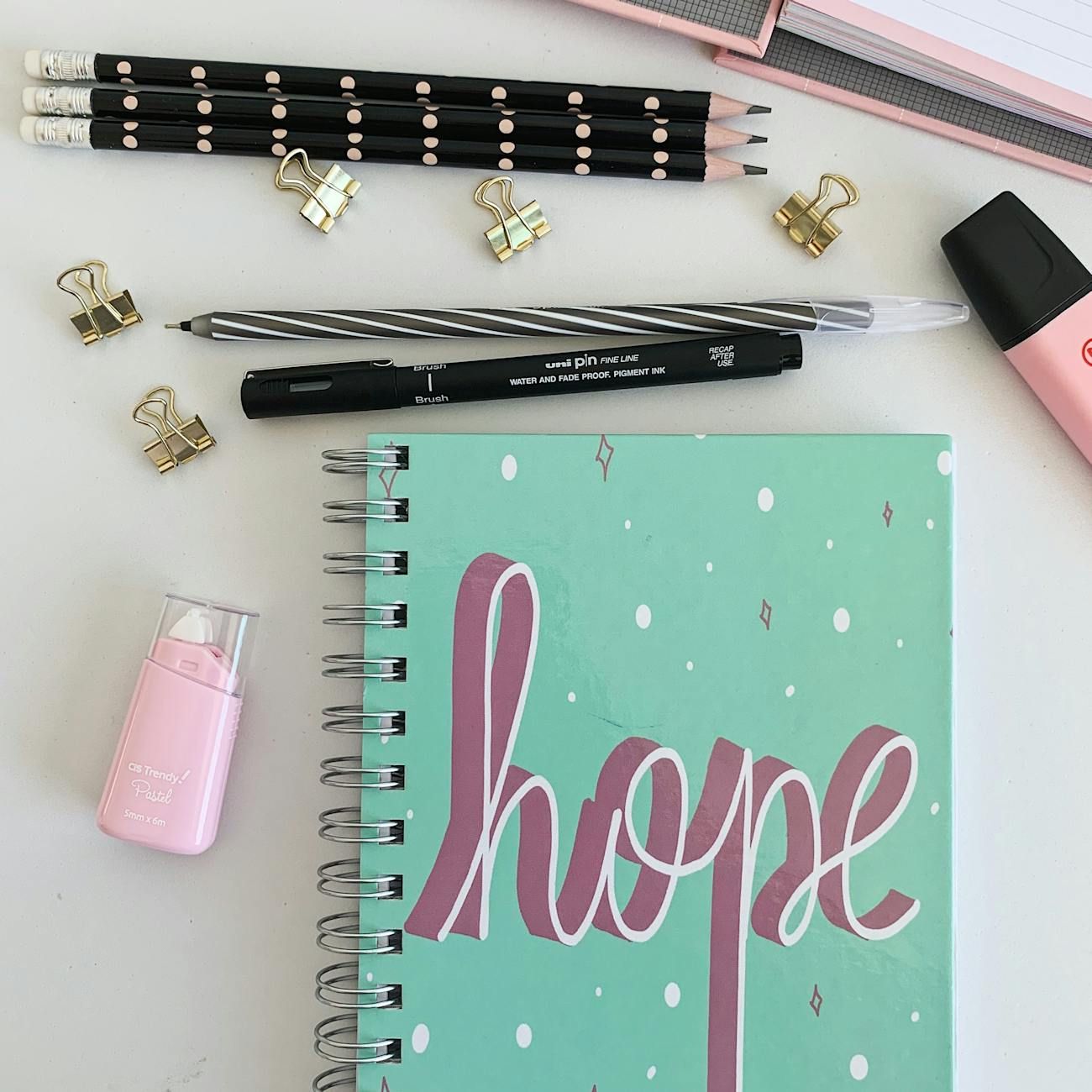Pen, Highlighter, or Pencil: Which is Better for Note-Taking?



When it comes to note-taking, deciding whether to use a pen, highlighter, or pencil can have a significant impact on your study habits. Each writing tool has its advantages and is suitable for different note-taking scenarios. Let's explore the benefits of using pens, highlighters, and pencils to help you determine which one is better for your note-taking needs.
Pens:
Pens are bold and vibrant, making them ideal for drawing attention to important information in your notes. They come in a variety of colours, allowing you to colour-code your notes for better organisation. Using pens can help you visually distinguish key points and make your notes more engaging, which can aid in memory retention.
One downside of using pens is that they can bleed through thin paper, potentially making the back side of your notes difficult to read. Additionally, pens may not be suitable for detailed note-taking or writing extensive passages due to their broad tips.
Highlighters:
Highlighters are excellent tools for emphasising significant details in your notes. They are particularly useful for marking key concepts, definitions, dates, and other essential information. By highlighting crucial points, you can quickly locate and review important material during study sessions.
Similar to pens, highlighters come in a variety of colours, allowing you to create a colour-coded system for better organisation. However, using too many colours may lead to visual clutter and confusion, so it's essential to use highlighters strategically.
Pencils:
Pencils offer versatility and precision, making them suitable for detailed note-taking, drawing diagrams, and making annotations. With a pencil, you have the flexibility to erase, edit, and revise your notes effortlessly. This feature is especially beneficial for students who prefer to keep their notes neat and organised.
While pencils may lack the boldness of pens and highlighters, they are a reliable choice for those who value accuracy and clarity in their notes. Pencils are also less likely to bleed through paper, making them a practical option for double-sided note-taking.
Choosing the Right Tool:
Ultimately, the best note-taking tool—whether it's a pen, highlighter, or pencil—depends on your personal preferences and study habits. Here are some tips to help you select the right tool:
1. Consider the type of material you will be studying: If you're taking notes on dense textbooks or detailed lecture slides, a pencil may be more suitable for capturing precise information.
2. Think about your note-taking style: If you prefer visual aids and colour-coded systems, pens and highlighters can enhance the organisation and visual appeal of your notes.
3. Experiment with different tools: Don't be afraid to try out pens, highlighters, and pencils to see which one works best for you. You may find that a combination of these tools is most effective for your note-taking needs.
Conclusion:
Whether you choose to take notes with a pen, highlighter, or pencil, the key is to select a tool that complements your learning style, boosts your efficiency, and improves your overall note-taking experience. By incorporating the right writing tools into your study routine, you can enhance your memory retention, stay organised, and facilitate better learning outcomes.




